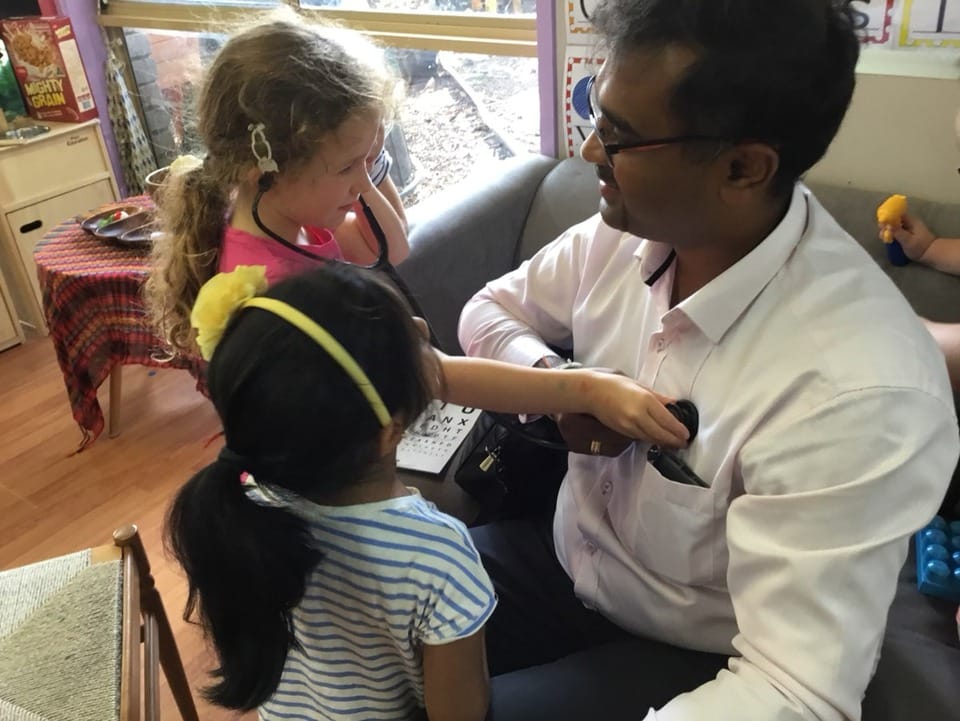Immunisation is a critical aspect of protecting children’s health and ensuring they can safely participate in communal activities, such as attending child care centres. In Australia, there are specific immunisation requirements for children enrolled in child care centres. At Kids World, we prioritize the health and safety of all children and aim to provide parents with the necessary information to comply with these requirements. This blog post will outline the Australian immunisation requirements for children in child care centres and explain why they are important.
Australian Immunisation Requirements
1. National Immunisation Program (NIP) Schedule
The NIP provides a schedule of recommended immunisations for children from birth through to adolescence. For children attending child care centres, the following vaccines are typically required:
•At Birth: Hepatitis B
•At 2, 4, and 6 months: DTPa (Diphtheria, Tetanus, and Pertussis), Hepatitis B, Hib (Haemophilus influenzae type b), Polio (IPV), Pneumococcal, and Rotavirus
•At 12 months: MMR (Measles, Mumps, Rubella), Meningococcal ACWY, and Hib
•At 18 months: DTPa, MMRV (Measles, Mumps, Rubella, Varicella), and Hepatitis A (specific regions)
•At 4 years: DTPa, Polio (IPV), and MMR (if not given earlier)
2. No Jab, No Play
The “No Jab, No Play” legislation requires that children must be fully vaccinated for their age, on a catch-up vaccination schedule, or have a valid medical exemption to enrol in child care centres in Australia. This policy is enforced to ensure high vaccination coverage and protect the community from vaccine-preventable diseases.
Why Immunisation is Important
1. Protecting Your Child
Immunisation protects your child from serious and potentially life-threatening diseases. Vaccines stimulate the immune system to recognize and fight specific pathogens, providing immunity without causing the diseases themselves.
2. Herd Immunity
High vaccination coverage creates herd immunity, which protects those who cannot be vaccinated, such as infants and individuals with certain medical conditions. This communal protection is crucial in preventing outbreaks of vaccine-preventable diseases.
3. Preventing Outbreaks
Immunisations help prevent outbreaks of diseases like measles, whooping cough, and polio. By ensuring that all children attending child care centres are vaccinated, we reduce the risk of disease transmission within the community.
Steps for Ensuring Your Child is Immunised
1. Follow the NIP Schedule
Adhere to the recommended immunisation schedule provided by the NIP. Ensure your child receives all the required vaccines at the appropriate ages.
2. Keep Accurate Records
Maintain accurate immunisation records for your child. In Australia, the Australian Immunisation Register (AIR) keeps track of all immunisations given. Ensure your child’s records are up to date and accessible.
3. Consult Your Healthcare Provider
Discuss any concerns or questions about immunisations with your healthcare provider. They can provide guidance on the NIP schedule, catch-up schedules, and any specific health considerations for your child.
4. Stay Informed
Stay informed about changes to immunisation requirements and schedules. Government health websites and your child care centre can provide updates and important information.
Support from Kids World
At Kids World, we are committed to supporting parents in ensuring their children are fully immunised. We provide:
•Information and Resources: Access to up-to-date information about immunisation requirements and schedules.
•Record Keeping: Assistance with maintaining and updating immunisation records.
•Health and Safety Policies: Strict adherence to health and safety policies to create a safe environment for all children.
Conclusion
Immunisation is a vital component of protecting your child’s health and the health of the community. By adhering to the Australian immunisation requirements for child care centres, you help prevent the spread of vaccine-preventable diseases and ensure a safe environment for all children. At Kids World, we are here to support you in navigating these requirements and keeping your child healthy and safe.

